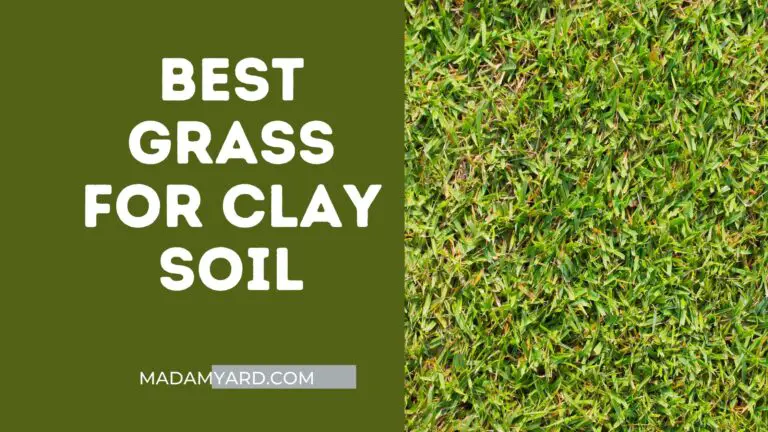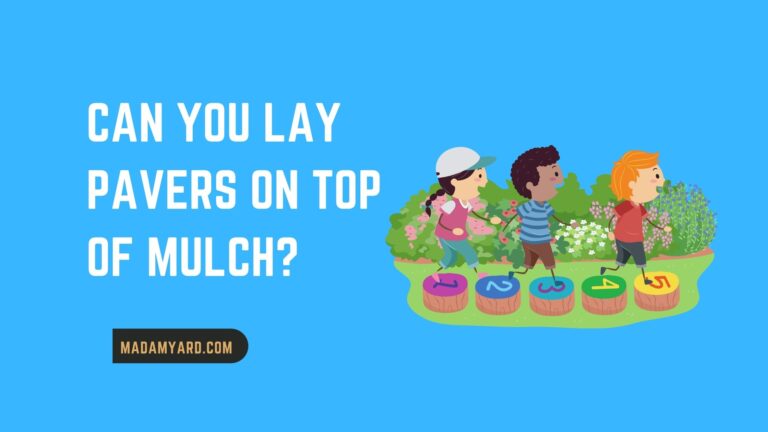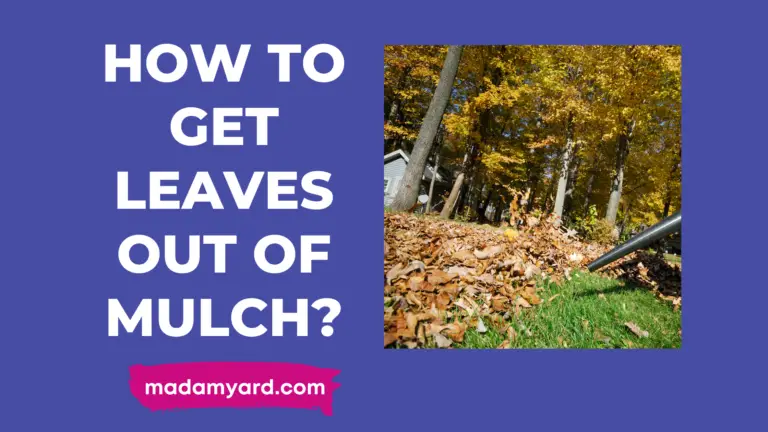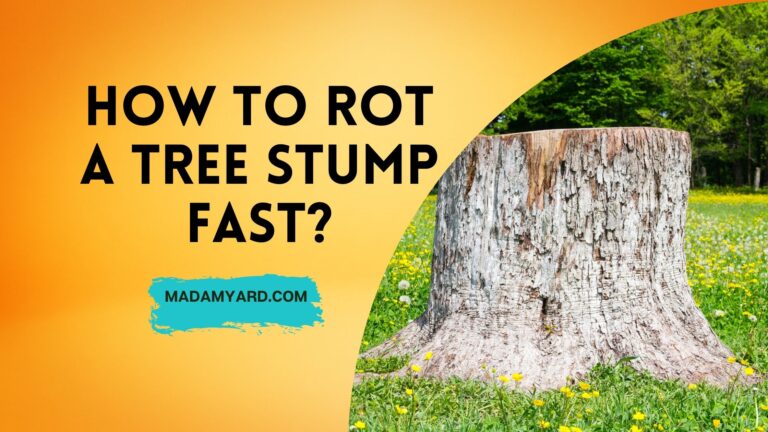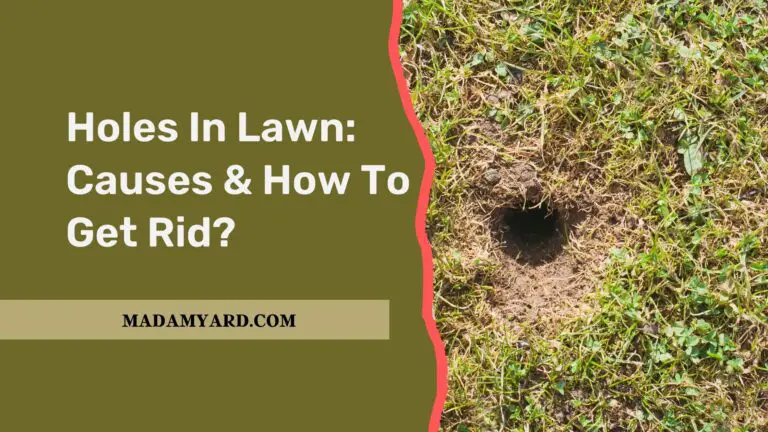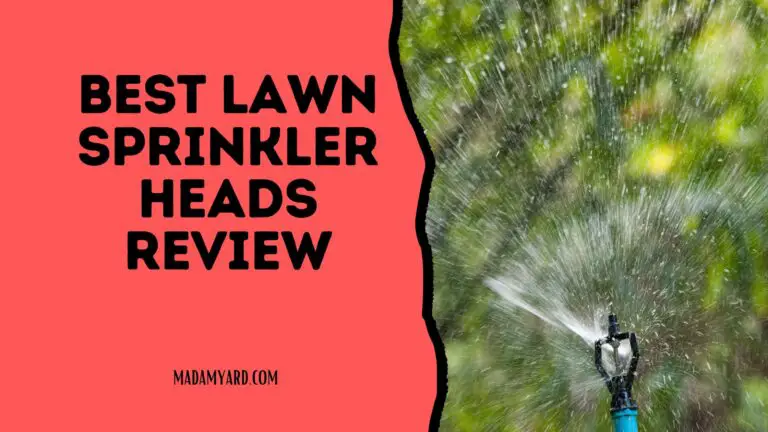Should I Bag My Grass Clippings After Overseeding?
One of the common questions for homeowners: Should I bag my grass clippings after overseeding? Here is the answer!
There are many reasons homeowners may choose to bag their grass clippings after overseeding. For example, it can prevent the seed from getting worn down and washed away by rain, and it can also help the soil retain water and fertilizer.
Some homeowners may also want to leave grass clippings on top of the lawn because they provide nutrients for plants underneath the surface. However, there is no need to bag your grass clippings if you don’t have any concerns about them being blown into a neighbor’s yard or onto someone else’s property.
What are the benefits of bagging grass clippings?
Bagging your lawn clippings after overseeding ensures that the soil has all the nutrients it needs to grow. Clippings can be very nutrient-rich, primarily if you use compost or manure on your lawn.
It also allows the soil to cool down for optimal seed growth. The bag should be organic so it won’t produce fumes. Clippings will form a layer of insulation and prevent weed growth if left to decompose.
This is why we recommend using plastic bags instead of paper ones. Paper bags may not last long enough in hot weather.
Do grass clippings cause weeds?
It is a commonly held belief that grass clippings can cause weeds. However, this is not true. Weeds are caused by soil conditions, not lawn clippings. Grass clippings can be used as mulch for garden beds to help retain moisture and control weeds.
What is the best thing to do with grass clippings?
The best thing to do with grass clippings is to leave them on the lawn and use the mulching process. Mulching is the process of using a mower blade to break up and cut grass clippings while leaving them on the ground.
This process aims for the larger pieces of grass clippings to decompose and become incorporated into the soil while making it easier for rainwater to reach the roots of plants. This helps prevent erosion in areas with no trees or shrubs that can hold down the soil. It also prevents runoff from getting into storm drains and sewers.
Add Grass Clipping to Compost
Anyone interested in landscaping and gardening should know that adding grass clippings to compost effectively adds nutrients to the ground. However, misconceptions also exist about whether or not you need to bag your clippings after overseeding.
While it is true that the blades of grass can get caught in the seeder and cause problems with proper distribution, if left on their own for a few days, they will break down and decompose. This means that there’s nothing wrong with leaving grass clipping out as long as they aren’t sitting around too long before being added to the compost pile. I
Use As Mulch for grass, garden bed, or planting container
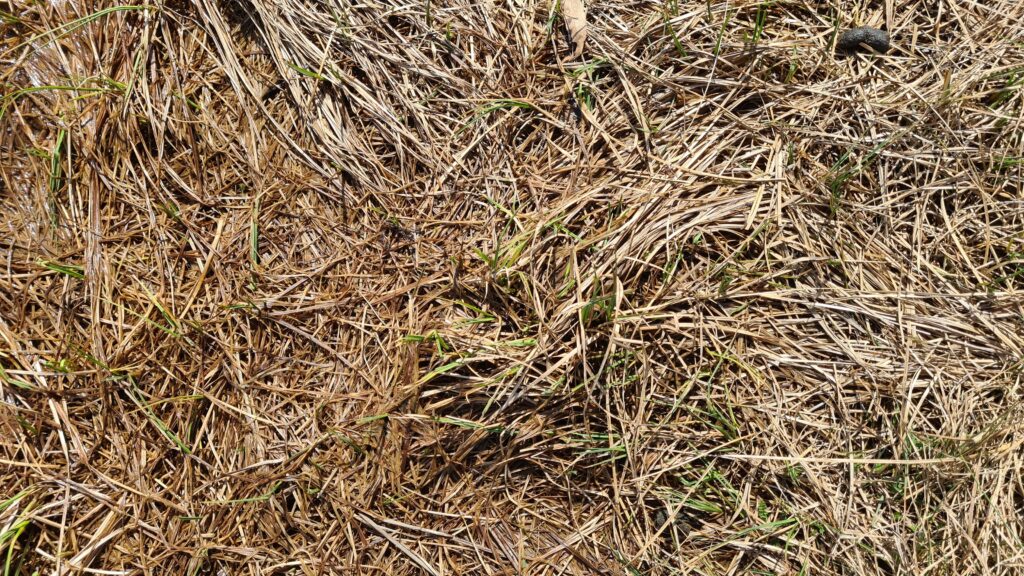
Can you use grass clippings as mulch for your yard? Doing so may be a quick fix for weed control on areas of your property that are difficult to maintain, but it comes with some risks. Grass clippings are high in nitrogen, leading to excessive plant growth and not enough water.
Furthermore, some studies show that grass clippings can help spread invasive plants like kudzu by their seeds. If you want to try using grass clippings as mulch, make sure to keep them dry until after they have been applied. You should also avoid applying more than one inch per year because this will cause problems with soil structure.
Grass clippings for animals feeding
They are also an excellent feed supplement for livestock. Still, they should not be fed if they have been chemically treated or if you have just seeded your lawn. If you decide to give it away, make sure that it has been well-mulched and watered before giving it out so that it doesn’t attract pests like slugs.
How long does it take for grass clippings to decompose?
It takes 3–4 weeks on average for grass clippings left on your lawn after mowing to decay after they have been cut. Because they will have reached the soil level and begun to decompose within 1–2 weeks, grass clippings are frequently no longer visible after 1–2 months. Grass clippings added to compost will completely decompose in 1–3 months.
Should I bag the grass clipping in the spring or summer?
Grass grows significantly more quickly throughout the spring and early summer months than during the latter summer months. Spring and early summer may be the most significant times to bag your clippings because your grass will not be as stressed by the lack of rain.
The use of bagging may be less necessary during the summer months because the grass grows more slowly during this time.
What are the downsides to bagging grass clippings?
Bagging can cause a lot of problems for homeowners, including:
- Increased maintenance costs (you’ll have to rake up all those bags)
- Loss of nutrients from decomposing organic matter
- Possible increase in weed growth due to increased moisture content
- The loss of valuable nitrogen through leaching into groundwater or runoff
- Bagged lawns tend to look “dirty” compared with un-bagged yards. This is especially true if you live in an area with heavy rainfall.
Final Thought
In conclusion, it is generally advised that you bag your grass clippings after overseeding. This will decrease the chances of spreading the seed to other areas.
It will also promote new growth, help it survive and grow, reduce weed growth, and help keep your lawn healthy.

